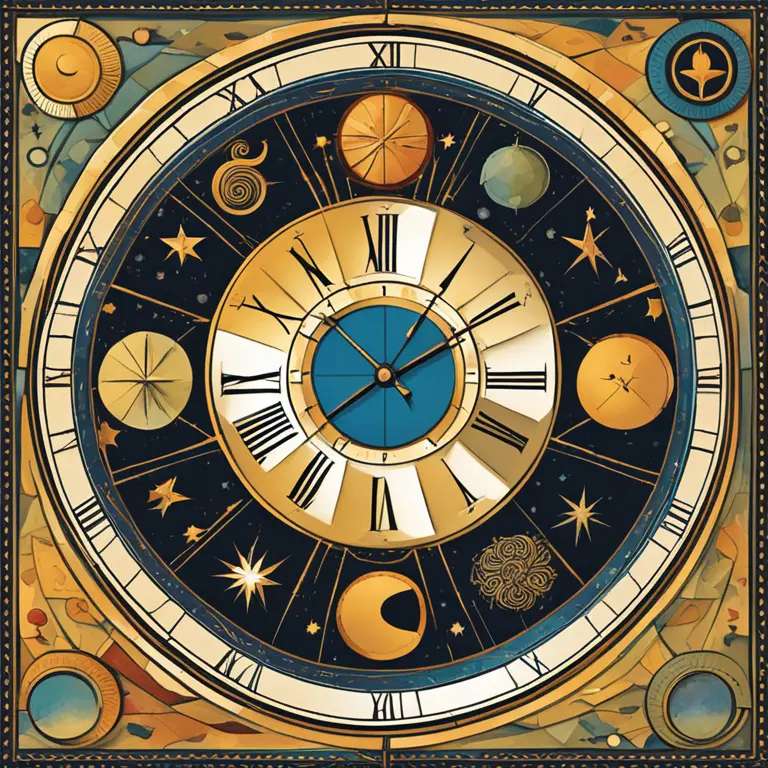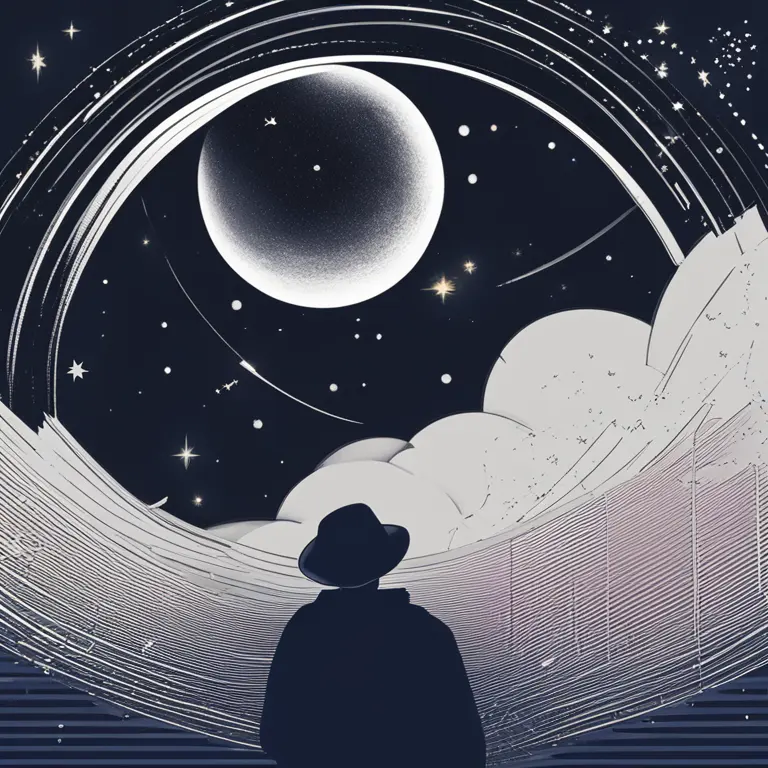
Can Zodiac Signs Shift Over Time?
Explore the intriguing concept of shifting zodiac signs and what it means for astrological identities in a modern context.
article by Priya Deshmukh
The Constancy of Zodiac Signs
Zodiac signs, rooted in ancient astrology, are traditionally seen as fixed, with each person's sign determined by their birth date. Intrinsically linked to the position of the sun relative to constellations at the time of birth, these signs are foundational to how individuals understand their astrological profiles. However, a lingering question remains in the minds of the astrologically curious – can these zodiac signs actually change over a person's lifetime?

Precession of the Equinoxes
A phenomenon known as the precession of the equinoxes introduces the first argument for possible changes in the zodiac. This astronomical occurrence results from the Earth's wobble on its axis, leading to a gradual shift in the alignment of stars and constellations over thousands of years. As a result, the astrological signs, as defined by their original relation to constellations, slowly drift. This is the foundation for arguments that the zodiac signs we reference today are not quite in the same positions as they were in ancient times.

Astrology vs. Astronomy
It is vital to distinguish between astrology and astronomy when discussing shifts in zodiac signs. While astronomy is a science that observes celestial phenomena as they objectively occur, astrology interprets the symbolic meanings of these celestial bodies. The shifting constellations affect astronomers' maps of the sky but do not necessarily compel astrologers to alter zodiac sign dates, largely because Western astrology is based on the tropical zodiac which is aligned with the seasons rather than constellations.

The Ophiuchus Controversy
The debated '13th sign' known as Ophiuchus resurrects the question of zodiac change. Discovered by astronomers and sitting between Scorpio and Sagittarius, Ophiuchus rekindles discussions about the static nature of astrological signs. Nevertheless, most astrological traditions continue to operate with the original twelve signs, attributing the inclusion of Ophiuchus to a misunderstanding between astronomical constellations and astrological signs which are not bound by the same parameters.
Personal Growth and Astrological Shifts
From a psychological perspective, some argue that people grow and change in ways that may seem like a shift in zodiacal identity. As we develop, we may resonate more with different astrological traits, attributing this to a change in our 'astrological sign' although, in technical astrological practice, this sign does not change. The richer, multifaceted approach to one's horoscope – including moon signs, rising signs, and planetary aspects – might better explain these perceived personal changes, rather than a shift in sun sign.
Future Predictions and Your Zodiac
Looking ahead to the horoscopes of 2024 and beyond, astrologers continue to rely on the consistency of the tropical zodiac system. Predictions and readings are made with the assumption that one's zodiac sign remains the same throughout their life. Nonetheless, an aware astrologer will always take into account the nuanced, evolving human experience which may affect how an individual connects with their astrological profile over time.
Published: 2/2/2024
Modified: 2/2/2024
More predictions
Come back here soon to learn more about yourself and your future


Astrological Houses: The Core Foundations
Delve into the significance of astrological houses and their profound impact on personal natal charts in our comprehensive guide.


Choosing the Best Astrology House System
Discover the strengths of different Astrology House Systems to determine which aligns best with your astrological practice.


The Role of Astrological Houses in Personal Insight
Discover the significance of houses in astrology and how they contribute to a deeper understanding of your personal birth chart and life journey.